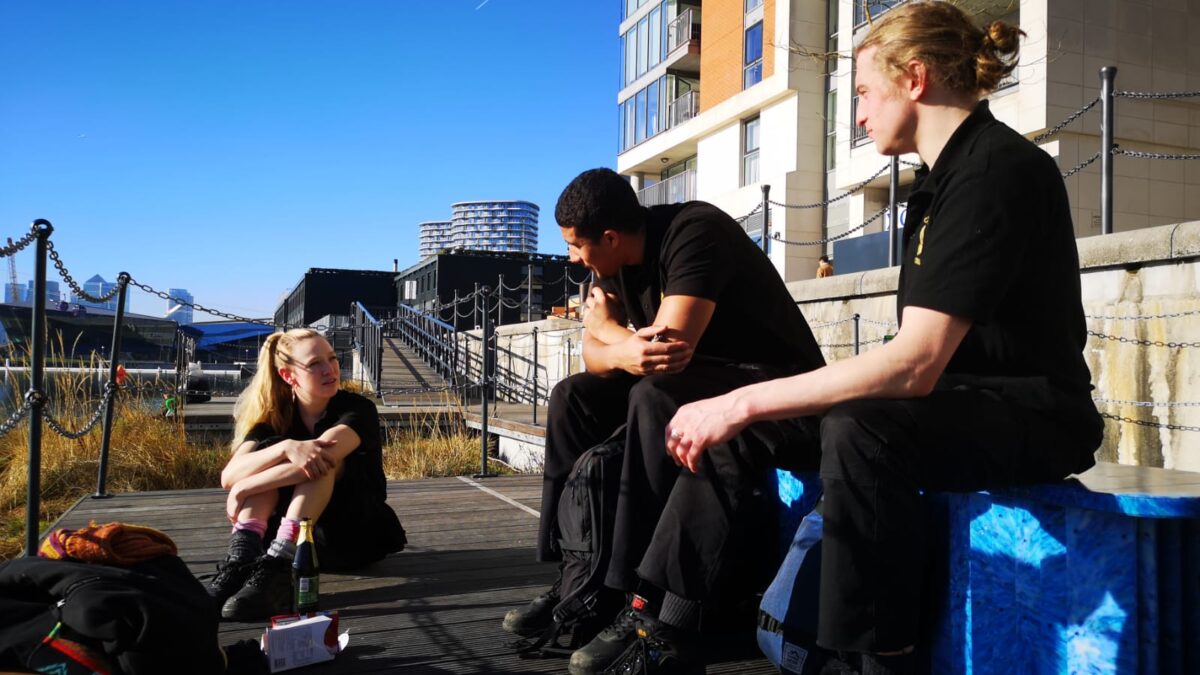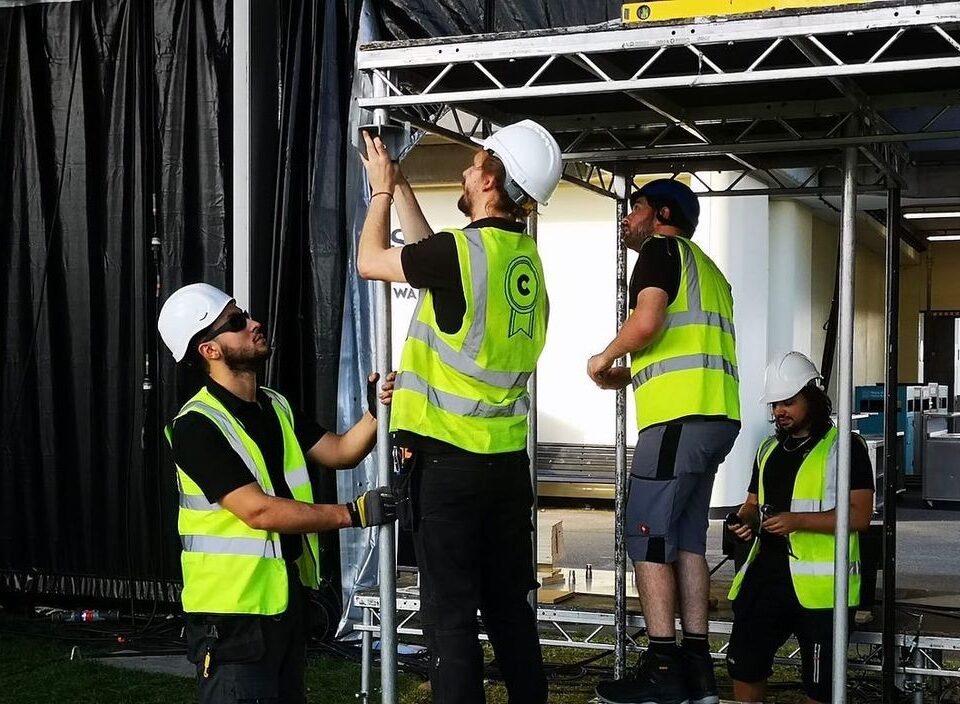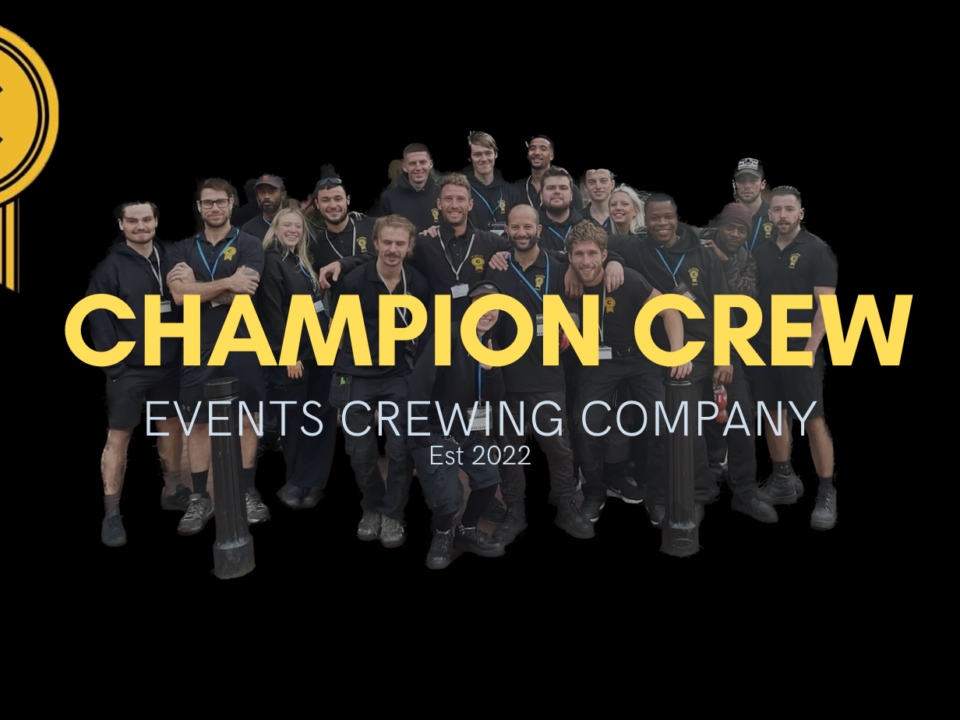
Creating a Memorable Guest Experience: Strategies for Enhancing Attendee Engagement at Your Next Eve
March 1, 2023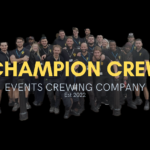
Mastering Event Logistics: Tips for Seamless Planning and Execution
March 3, 2023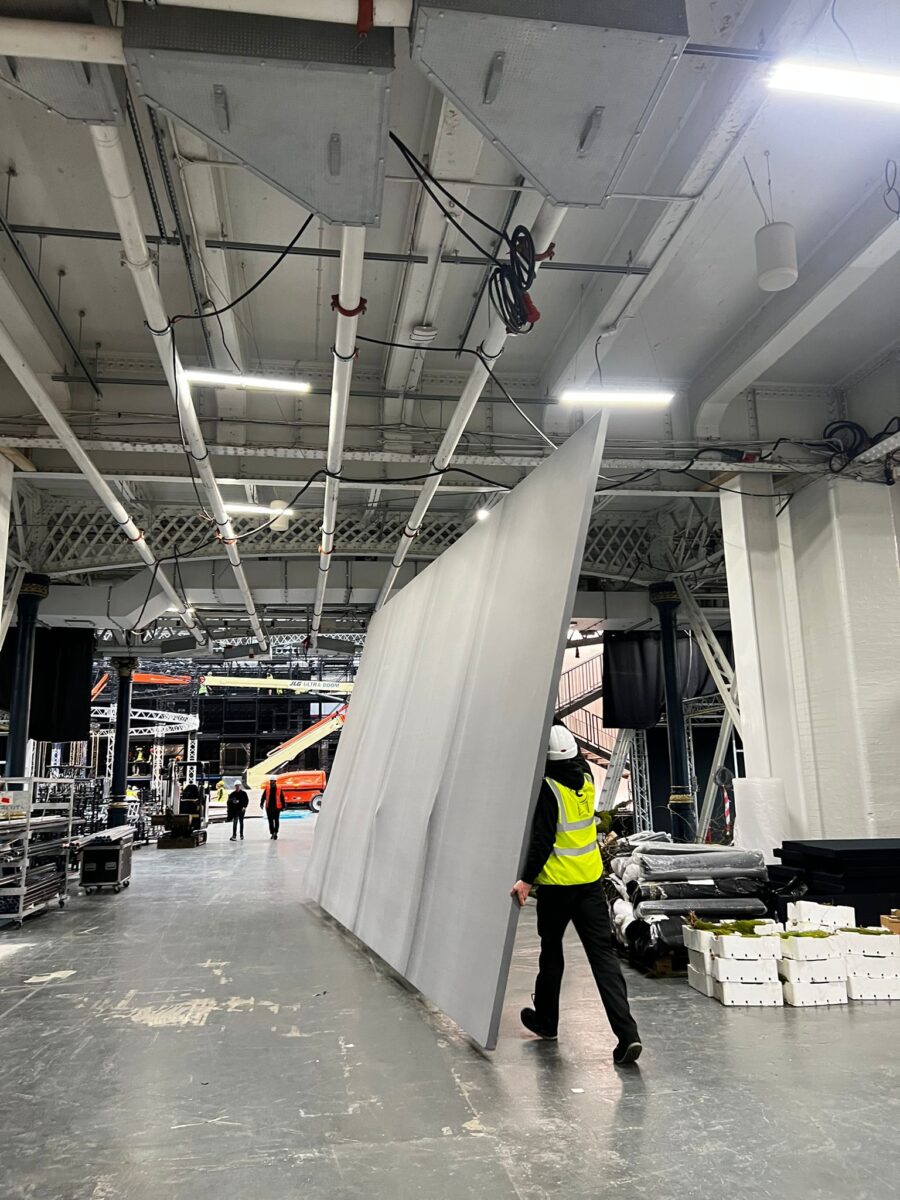
Hybrid events
Hybrid events are a type of event that combines both in-person and virtual elements to create a unique experience for attendees.
They have gained popularity due to the COVID-19 pandemic and the restrictions on in-person gatherings that it has brought. With the rise of virtual events during the pandemic, many event planners have found that hybrid events are an effective way to reach a wider audience while also providing an in-person experience.
One of the key benefits of hybrid events is that they offer greater flexibility for attendees. Virtual components can make it easier for people to participate in an event regardless of their location, time zone, or other scheduling conflicts. At the same time, things that happen in person can give you the chance to meet people and have a more immersive experience.
When planning a hybrid event, there are several factors that event planners should consider.
One of the most important is technology. For a smooth and engaging virtual experience, you need high-quality audio and video equipment, a reliable internet connection, and virtual platforms that are easy to use.
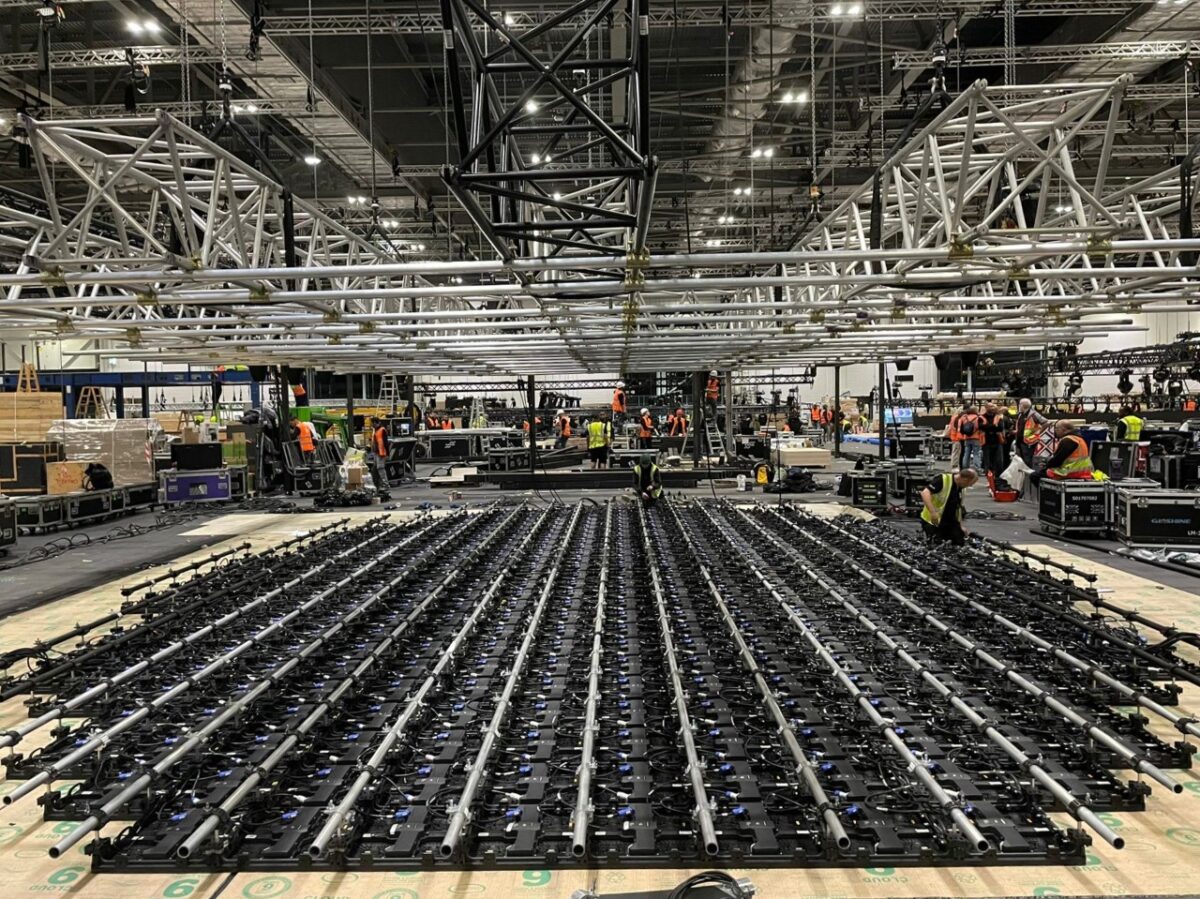
When planning a hybrid event, event planners may also need to think about things like different time zones, accessibility, and data privacy.
Another important consideration is the design of the event. A successful hybrid event should be planned so that both in-person and online attendees have the same kind of experience.
This could mean coming up with a consistent branding and messaging strategy, giving virtual attendees the chance to interact with people who are there in person, and making sure that both groups have access to the same content and information.
Finally, event planners should be prepared to adapt to changing circumstances. Hybrid events need more flexibility and planning for what could go wrong than traditional in-person or online events.
It’s important to have backup plans in case there are technical problems or other problems that come up out of the blue.
Overall, hybrid events can give attendees a unique and interesting experience by combining the benefits of in-person events with the flexibility and reach of virtual events.
Overall, hybrid events can give attendees a unique and interesting experience by combining the benefits of in-person events with the flexibility and reach of virtual events.
Event planners can create successful hybrid events that meet the needs of a wide range of attendees by giving careful thought to the technology, design, and backup plans.
Contactless technology
Contactless technology is made up of digital tools and systems that make it easier for people to interact with event staff without having to touch them. This makes it less likely that diseases like COVID-19 will spread.
In the context of events, contactless technology can be used in a variety of ways, from mobile apps to QR codes, self-check-in kiosks, and touchless payment systems. Here are some examples of how contactless technology can be used in event management:
- Mobile event apps: These apps can provide attendees with information about the event, schedule updates, and real-time communication with event staff. They can also offer features such as contactless ticketing and registration and help attendees plan their visit with interactive maps and directions.
- QR codes: QR codes can be used in many different ways in event management, such as for contactless check-ins, digital menus, and information stations. For example, attendees can scan a QR code with their smartphone to view a digital version of the event program or menu without the need for a physical copy.
- Self-check-in kiosks: These kiosks can be placed at the entrance of the event venue, allowing attendees to check in and print their badges or wristbands without the need for assistance from the event staff. This helps reduce lines and wait times and eliminates the need for physical touchpoints.
- Touchless payment systems: Cashless and contactless payment systems can be implemented at events, allowing attendees to purchase food, beverages, and merchandise without the need for physical cash or cards. Some of the parts of these systems are mobile payment apps, RFID wristbands, and tap-to-pay cards.
Overall, contactless technology can help event organizers make events safer and more sanitary for attendees, as well as more efficient and easier to run. By using contactless technology, event planners can cut down on the number of physical touchpoints at an event while still giving attendees a smooth and enjoyable time.
Sustainability
Sustainability in event management means using practices that are good for the environment to make sure that events don’t hurt the environment too much and to help with social and economic sustainability.
Sustainable event management can include many things, such as reducing waste and carbon emissions, promoting sustainable sourcing, and working with local communities.
Here are some examples of how sustainability can be integrated into event management:
- Waste Reduction: Event organizers can work to minimize waste by providing recycling and composting facilities, reducing packaging and single-use items, and donating unused food to local food banks. By reducing waste, events can help to conserve natural resources and reduce the amount of waste that ends up in landfills.
- Carbon offsetting: Events can produce a significant amount of carbon emissions through activities such as transportation, energy use, and waste management. To mitigate these emissions, event organizers can invest in carbon offsetting projects, such as tree planting or renewable energy development, that help balance out the emissions produced by the event.
- Sustainable sourcing: Event organizers can work to source products and services that are environmentally friendly and socially responsible. This can include choosing local, organic, and seasonal food, using renewable energy sources, and selecting vendors that prioritize sustainability in their operations.
- Community engagement: Events can be a platform for promoting social sustainability by engaging with local communities and supporting local causes. This can be done by partnering with local businesses, promoting local artists and performers, and giving a portion of the event’s profits to local charities or community groups.
- Education and awareness: Sustainable event management can also involve educating attendees about environmental and social sustainability and promoting behaviors that support sustainability. This can be achieved through interactive exhibits, workshops, and other educational activities that raise awareness about sustainability issues and encourage attendees to take action.
Overall, sustainable event management can help reduce the negative impact of events on the environment and promote social and economic sustainability. By using sustainable methods for planning and running events, organizers can make events that are not only fun and interesting, but also good for the environment and society.
Personalization
Personalization in event management is the process of making sure that each person’s needs and preferences are met at the event.
Personalization can take many different forms, such as customizing event schedules, making recommendations and offers, and making communication and marketing more specific to each person. Here are some examples of how personalization can be integrated into event management:
- Customized event agendas: Event organizers can provide attendees with personalized event agendas based on their preferences and interests. This can be done with tools like mobile event apps or online registration forms that let people choose the sessions, workshops, and activities that interest them the most.
- Personalized recommendations and offers: Event organizers can use data analytics and machine learning algorithms to generate personalized recommendations and offers for attendees based on their past behavior and preferences. For example, attendees may receive personalized suggestions for exhibitors or sessions to visit or special offers based on their purchasing history.
- Personalized communication and marketing: Event organizers can use targeted and personalized communication and marketing to reach attendees and promote the event. This can be done with personalized email campaigns, messages on social media, and personalized videos or blogs, among other things.
- Personalized networking: Personalization can also be used to facilitate networking and connections between attendees. For example, event organizers can use matchmaking tools to help attendees identify other attendees with similar interests and goals or provide personalized recommendations for networking opportunities.
Overall, personalization can help event organizers give attendees a more interesting and unique experience at the event, which can make them happier and keep them coming back.
By making the event experience fit the needs and preferences of each attendee, event organizers can make it more meaningful and memorable and help people feel like they are part of a community.
The rise of AI
The rise of artificial intelligence (AI) in event management is changing the way events are planned, executed, and experienced.
AI refers to the use of computer algorithms and machine learning to automate and optimize various aspects of event management, such as registration, marketing, and logistics. Here are some examples of how AI is being used in event management:
- Event Registration: AI can be used to automate the event registration process, making it faster and more efficient. For example, chatbots and virtual assistants can be used to answer questions and help attendees, while machine learning algorithms can be used to personalize the registration process based on the attendee’s past actions and preferences.
- Event marketing: AI can be used to optimize event marketing by analyzing data on past attendees and their behavior. This can help event organizers create targeted and personalized marketing campaigns that are more likely to reach and engage the desired audience. AI can also be used to analyze social media data and sentiment to identify potential influencers and promote the event through social media.
- Event logistics: AI can be used to optimize event logistics by automating tasks such as scheduling, resource allocation, and transportation. For example, machine learning algorithms can be used to predict traffic patterns and find the best routes for transportation. Automated scheduling tools can be used to make sure that all events, sessions, and activities are scheduled at the right time.
- Event experience: AI can be used to enhance the event experience for attendees by providing personalized recommendations and offers based on their behavior and preferences. For example, chatbots and virtual assistants that are powered by AI can be used to give help on demand and give personalized suggestions for sessions, exhibitors, and activities.
Overall, the rise of AI in event management is transforming the industry by enabling event organizers to automate and optimize various aspects of event management while also enhancing the attendee experience.
By leveraging the power of machine learning and automation, event organizers can create more efficient and effective events that are tailored to the individual needs and preferences of attendees.
For a seamless event, contact Champion Crew today!



